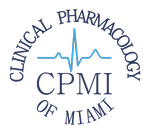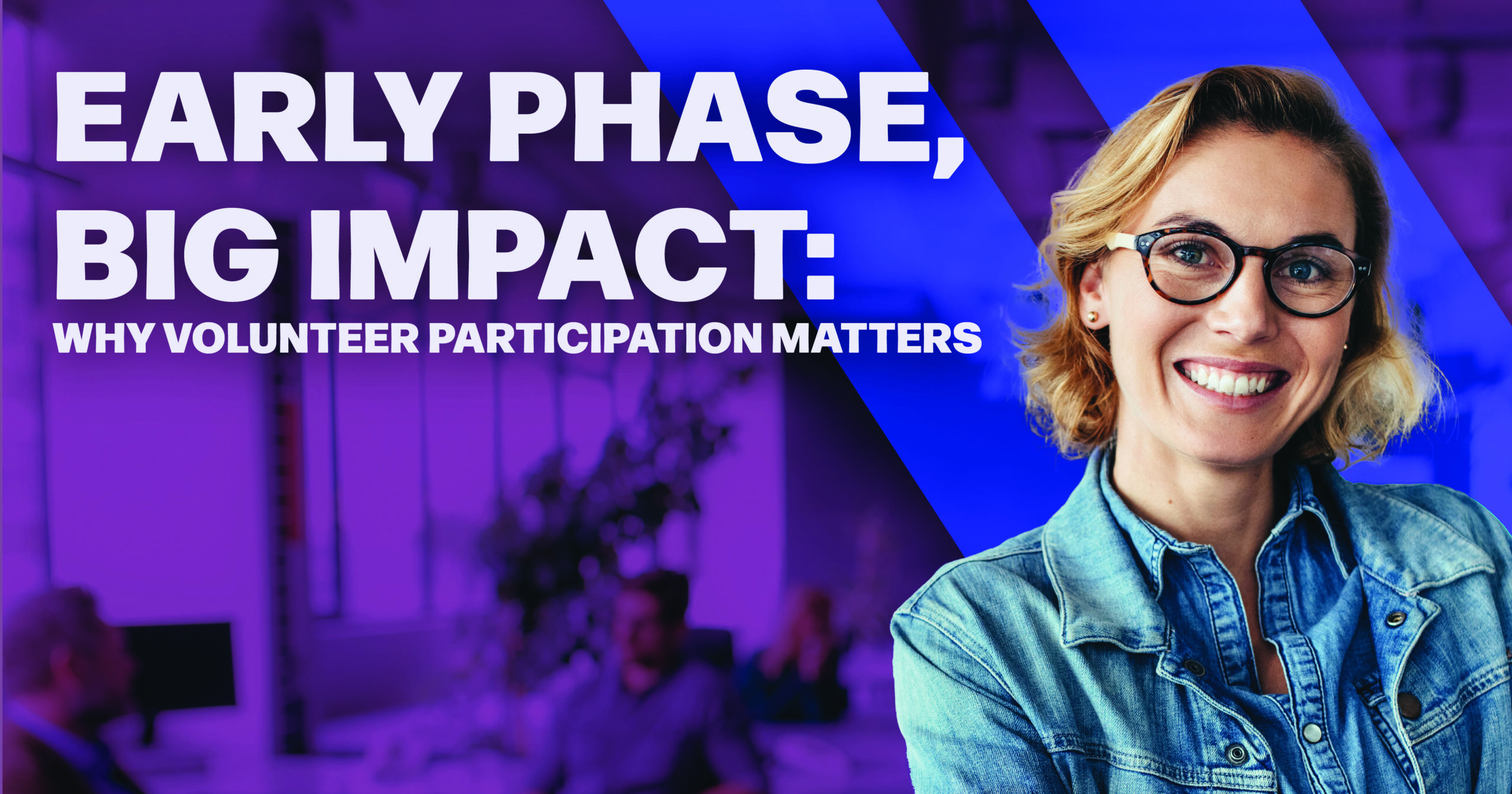Early Phase, Big Impact – Why Volunteer Participation Matters
When we think about medical breakthroughs—like new treatments for cancer, depression, or rare diseases—we often picture the final product: a pill that works, a therapy that heals, a shot that saves lives. But long before any treatment reaches the pharmacy or clinic, it must pass through one critical gateway: early-phase clinical trials.
These early studies are where hope begins—and where volunteers play an essential role in bringing new treatments to life, safely and ethically.
What Are Early-Phase Clinical Trials?
Early-phase trials, also called Phase 1 or First-in-Human studies, are the foundation of clinical research. Their goal is simple but vital: to evaluate the safety, tolerability, and dosage of a new investigational treatment.
Before a drug can be tested for effectiveness, researchers must first answer key questions:
- Is it safe for people?
- What side effects might it cause?
- How does it behave in the body?
- What dose is safe but still potentially effective?

Volunteers: The Heart of the Process
None of this can happen without the help of healthy volunteers or, in some cases, individuals living with the condition being studied. These participants allow researchers to observe how the body responds to a new treatment in a closely monitored, controlled environment.
By volunteering, participants help scientists:
- Detect early signs of side effects
- Understand how the drug is absorbed, distributed, and eliminated
- Refine safe dosage levels for future trials
Every data point from a volunteer contributes to building a safety profile that protects future patients.
What Participation Involves
Early-phase studies are typically more intensive than later-stage trials. That’s because safety is the top priority.
Participants might be asked to:
- Stay overnight or for multiple days at the research facility
- Receive regular medical checkups, blood tests, and health monitoring
- Follow specific guidelines (like not taking other medications or avoiding certain foods)
- Report any symptoms or side effects, no matter how minor
In return, participants are compensated for their time, travel, and commitment. The exact amount varies by study, but compensation reflects the level of involvement and time required.
A Behind-the-Scenes Look at Our Research Facility
At Clinical Pharmacology of Miami, we’ve built a state-of-the-art environment to ensure that every early-phase trial is conducted safely, ethically, and with participant comfort in mind.
Our capabilities include:
- 24/7 on-site medical staff to ensure continuous monitoring
- Private and semi-private overnight accommodations
- Advanced lab and diagnostic equipment for precise data collection
- Experienced clinical research professionals trained in early-phase protocol management
We’re committed to transparency, informed consent, and creating a welcoming space where every volunteer understands their role and feels valued.
Why It Matters
Volunteering in an early-phase trial isn’t just about helping science—it’s about being the first step in something bigger. Every treatment that helps a loved one or saves a life began with people willing to raise their hand and say, “I’ll help.”
Whether it’s a new cancer therapy, a breakthrough in mental health, or a treatment for a rare condition, your participation today could lead to tomorrow’s cures.


